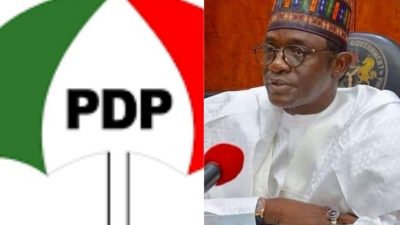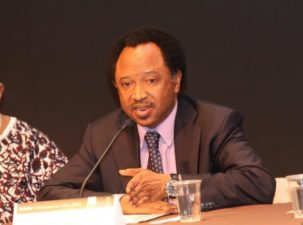By BASHIR ADEFAKA
Nigeria, from where Malaysia took palm kernel seeds that catapulted it to the status of world’s largest palm oil producing country, may now have arrived at something to show for its position as Giant of Africa, with its agric-based profile now on the rise.
This is as authorized report said the country, under the four years administration of President Muhammadu Buhari, has overtaken Egypt as the largest rice producer in Africa.
Director-General, Africa Rice Center, Benin Republic, Dr Harold Roy-Macauley, made this disclosure according a report by The Nation, a Nigeria’s foremost newspaper.
Roy-Macauley said that Nigeria is now the largest rice producer at 4 million tonnes a year.
Egypt was producing 4.3 million tonnes annually but its production has reduced by almost 40 percent this year, attributed to the Egyptian government decision to limit cultivation to preserve water resources.
Egypt rice cultivation requires about 1.8 billion metres of water in evaporation, transpiration and irrigation each year.
Africa produces an average of 14.6 million tonnes of rough rice annually.
He said there were efforts to increase overall rice production in Africa but expressed doubts that it will curb rice importation as population has increased across the continent.
He said consumers are looking for rice that is safe and certified.
To meet expectations, he said his centre is ready to partner with Nigeria and other governments in Africa to train farmers, extension officers and exporters on best practices in cultivation and post- harvest care and to understand market requirements.
Roy- Macauley stressed the African rice value chain needs to be better integrated and be capable of competing with imported rice in terms of quality.
He added that the goal to achieving rice self- sufficiency is not just about on farm assistance but also involves introducing rice varieties that fit the diverse African agro-ecologies, improve irrigation facilities and disseminate rice growing techniques to farmers.
The DEFENDER reports that President Buhari, during his electioneering campaigns in the buildup to 2015 presidential election, had insisted that one of the elements of change that his government would bring to bear in the country was for Nigeria to begin to produce what it consumes.
Although for political, tribal and religious sentiment reasons, many of the media influenced by opposition in the country are said to have failed in adequately informing Nigerians about the tremendous achievements of the Buhari’s administration, our checks showed that when the President came to power on 29 May 2015, rice importation was quite over 254,000 metric tonnes but has now dropped to about 23,000 metric tonnes.
Today, as a result of the rice revolution of the Administration’s agric-based diversification of the economy, the country is now doing well among its peers not only in Africa but also around the world.




